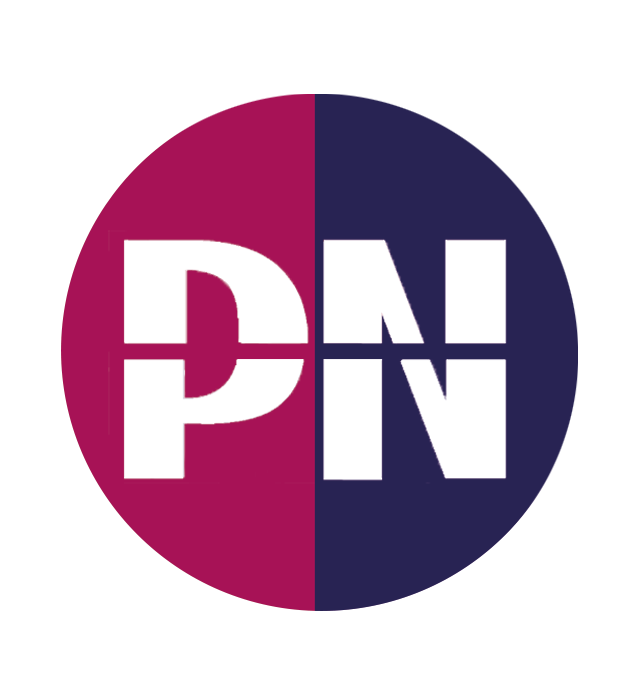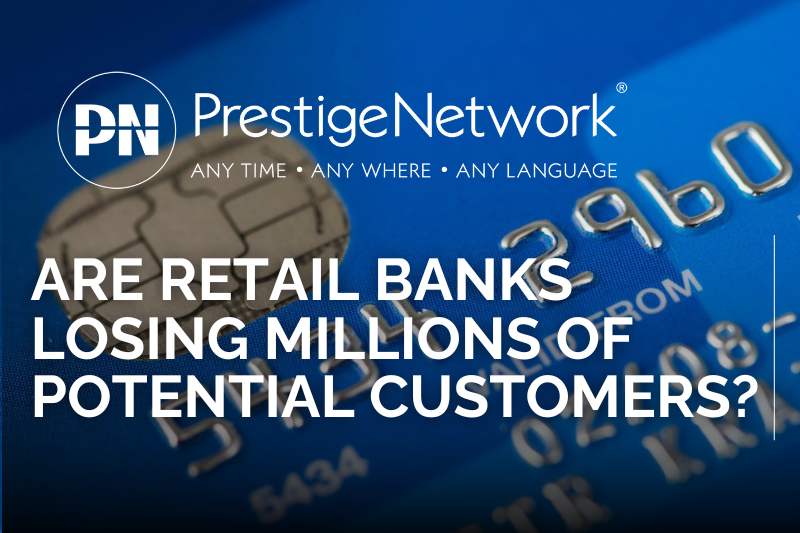A Personal Story
In 2015, I moved to France to teach English. It was a tremendous experience that shaped both my personal and professional life. As one can imagine, the first weeks after moving were stressful. Finding accommodation, settling into work, and navigating a major city were all significant challenges.
But one particular barrier complicated all of these processes: I needed a French bank account to (1) rent a flat, (2) receive my salary, and (3) safely spend money while setting up recurring payments for public transport and other services.
For many people moving to a new country, there is a common bureaucratic loophole: a fixed address is required to open a bank account, but a bank account is needed to secure accommodation. Trapped in this situation, one can find themselves unable to get their life started—a painful limbo.

A quick web search will reveal countless forum threads lamenting the same issue and asking for advice. There are few independent sources of information available in English, and none from the banks themselves. As a result, the advice found online is often generic and lacks practical, specific guidance.
After receiving tips from co-workers and friends, I managed to find a bank where I could quickly open an account. It charged only a small monthly fee (a common practice in many countries). Armed with all the necessary paperwork and accompanied by my partner—a native French speaker—I set out to complete the process.
To my surprise, this bank didn’t operate out of a traditional bank building but instead used small gambling shops spread throughout the city (a potential red flag). The situation became even more unusual when the employee behind the counter, while assuring us that the bank did indeed operate there, revealed he was not a native French speaker. This meant that the three of us had to navigate the complex process of opening a bank account—where I intended to deposit a significant amount of my money—with limited mutual understanding.
In the end, the banking service was excellent once it was set up, and I ended up helping many friends and co-workers establish accounts in the same way. All of them needed reassurance to take the leap, as they, too, felt uneasy during the process.
The banking industry has a market desperate for services and willing to pay for the privilege of having a current account. How long will these potential clients have to wait for language solutions that make accessing such essential services easier?

In my case, a small bank capitalized on the “gatekeeping” nature of larger banking chains and picked up clients right at their point of need.

According to the Office for National Statistics, 9% of the UK population do not use English (or Welsh in Wales) as their main language. That’s 6,151,500 people. While most of them do speak English, would you feel comfortable opening a bank account in a language that isn’t your own?
Consider how important it is to carefully assess every situation and transaction to avoid scams or fraud. Could you do this in another language and still feel confident your money was safe?
According to Reuters, another 10% of the UK population permanently lives abroad. Among them are 400,000 Britons living in Spain, many of whom are retired. Imagine opening a bank account and handing over your life’s savings while completing paperwork in another language. How would you feel if your parents were in this situation?

Modern banking is more faceless and impersonal than ever before. Many accounts can now be opened without ever stepping foot into a physical branch. For many, this is already a stressful and daunting process. Add the possibility of linguistic misunderstandings, and it becomes a significant barrier.
Even in the UK, major banks fail to address language barriers. For example, HSBC has a webpage explaining that staff are trained to “adapt communication style to be clear and minimise bank terminology”—in other words, “speak slowly” to non-English speakers. A rather embarrassing solution (and, unfortunately, not a joke).
So, how can banks lower the barrier to entry for new clients? This has less to do with how much money these clients will deposit and more to do with how willing banks are to offer their services in multiple languages.
Most language service providers that partner with banks offer 200+ languages right from the start (Prestige Network, 2024).

Be a Bank That Says “YES”
Your clients won’t forget it. When they took their first steps in a new country, you were the one who held their lives together. What better way to build long-term customer loyalty?
To be clear, this is not about trustworthiness—foreign banks are no less reliable than UK ones. But the process of opening an account and moving money involves precise decisions, leaving plenty of room for errors. Language support could bridge this gap, making banking accessible, safe, and inclusive for all.






